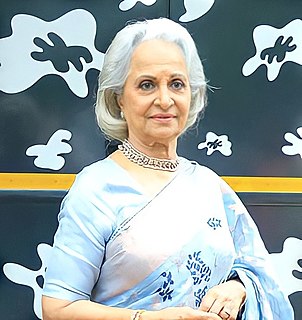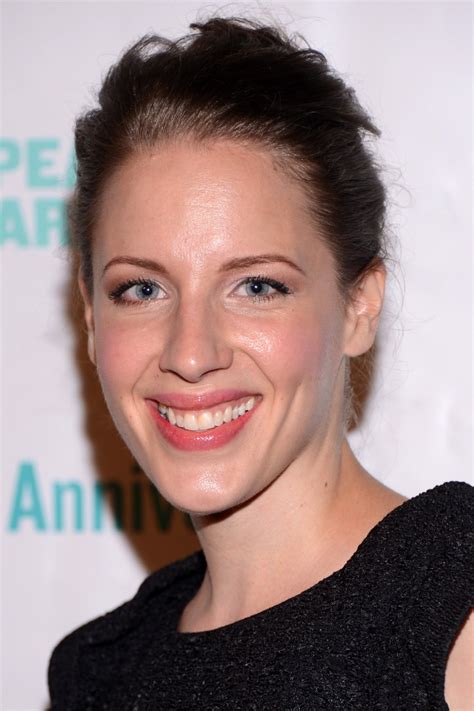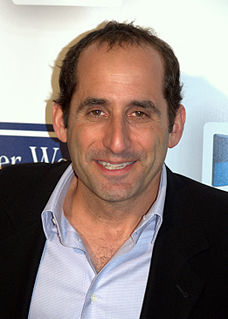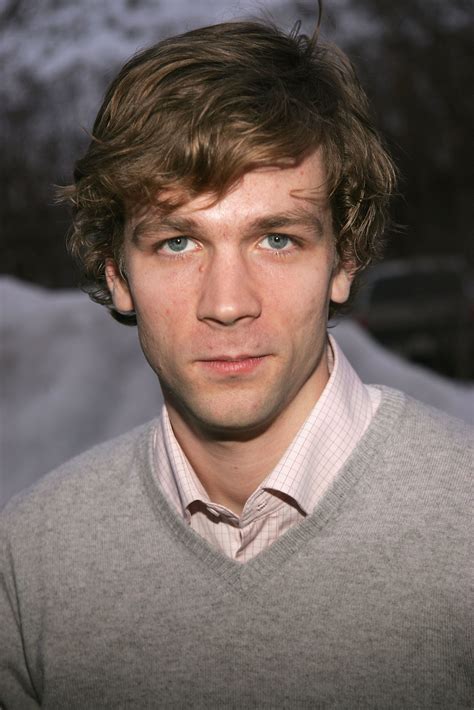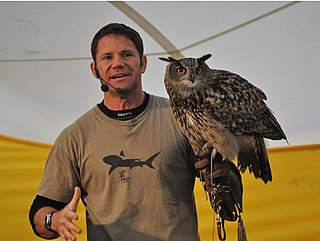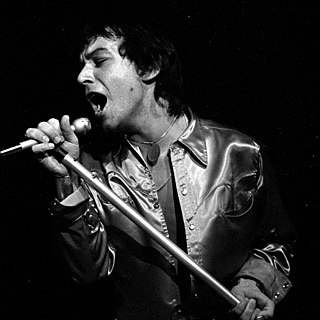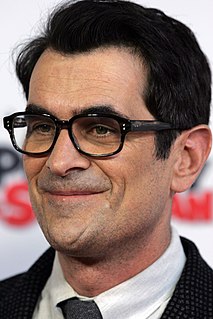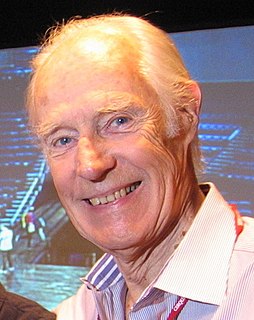A Quote by Kim Novak
The script was always the most important thing to me and I loved the script. For one thing, I've always admired trees. I just worship them. Think what trees have witnessed, what history, such as living through the Civil War, yet they still survive.
Related Quotes
The script is the most important thing for me. I'm advised that other things are important too, and they are. The director that you'll be working with is hugely important, and the cast that are with you is really important as well. But, for me, the thing that gets my heart excited and really makes me invested in something or not is just the quality of the script.
The only thing you should have to do is find work you love to do. And I can't imagine living without having loved a person. A man, in my case. It could be a woman, but whatever. I think, what I always tell kids when they get out of class and ask, 'What should I do now?' I always say, 'Keep a low overhead. You're not going to make a lot of money.' And the next thing I say: 'Don't live with a person who doesn't respect your work.' That's the most important thing—that's more important than the money thing. I think those two things are very valuable pieces of information.
I always loved movies, but I never thought I would presume to be a screenwriter and definitely not a director. I spent a lot of time for no money trying to teach myself how to write a script. It always felt like everybody was looking the other way and sneaking that script through the system, but it did well later on video and got another chance.
Some actors might just do one thing, and another actor does another thing. I do an awful lot of preparation with the script, really. What I do is repeat the script, over and over and over again. Through that, it's almost like it seeps into my enamel. I'm reading all the characters, as well as my own. That is where the bulk of my preparation goes into.


